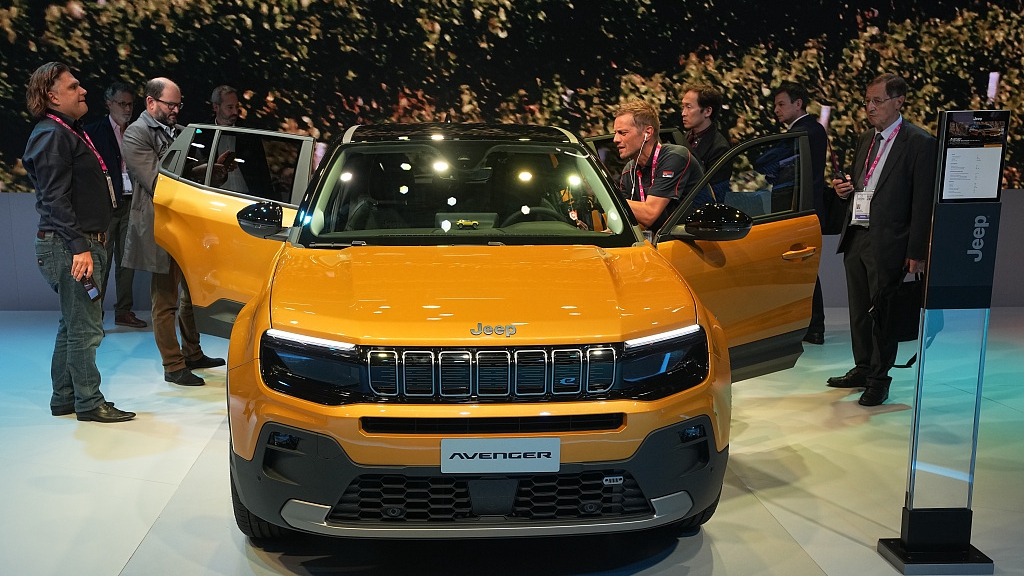A law to effectively ban the sale of new petrol and diesel cars in the European Union from 2035, aiming to speed up the switch to electric vehicles and combat climate change has been formally approved by the European Parliament on Tuesday.
The highlight of the new rules is for carmakers to achieve a 100% cut in CO2 emissions from new cars sold by 2035, which would make it impossible to sell new fossil fuel-powered vehicles in the 27-country bloc as the law also set a 55% cut in CO2 emissions for new cars sold from 2030 versus 2021 levels, much higher than the existing target of a 37.5%.
“The operating costs of an electric vehicle are already lower than the operating costs of a vehicle with an internal combustion engine,” Jan Huitema, the parliament’s lead negotiator on the rules, was quoted to have said, adding that it was crucial to bring more affordable electric vehicles to consumers.
Read also: EU to propose 90% cut in CO2 emission limits for trucks
EU countries agreed on the deal with lawmakers last October, but still, need to formally rubber stamp the rules before they can take effect. Final approval is expected in March.
New vans must comply with a 100% CO2 cut by 2035, and a 50% cut by 2030, compared with 2021 levels.
Although many carmakers in Europe have now announced investments in electrification, the EU law was resisted by some industries and countries when it was proposed in July 2021. As a result, the final deal includes some flexibilities including that small carmaker producing less than 10,000 vehicles per year can negotiate weaker targets until 2036.
The car CO2 law is part of a broader package of tougher EU climate policies, designed to deliver the bloc’s targets to slash greenhouse gas emissions this decade.
Story was adapted from Reuters.
